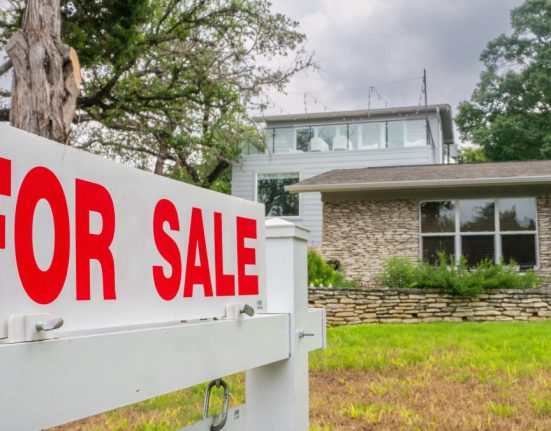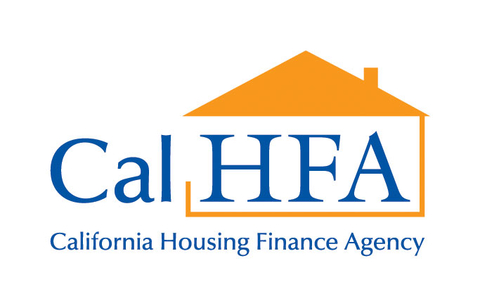You may have seen the news that the Federal Housing Finance Agency has given an initial thumbs-up to a plan to allow Freddie Mac, the government-sponsored entity, to buy second mortgages. Early indications are that the plan will consist of Freddie buying second-lien mortgages such as home equity loans from banks and pooling them together
To Continue Reading This Article
Become a Providence Business News subscriber and get immediate access to all of our premier content and much more.








